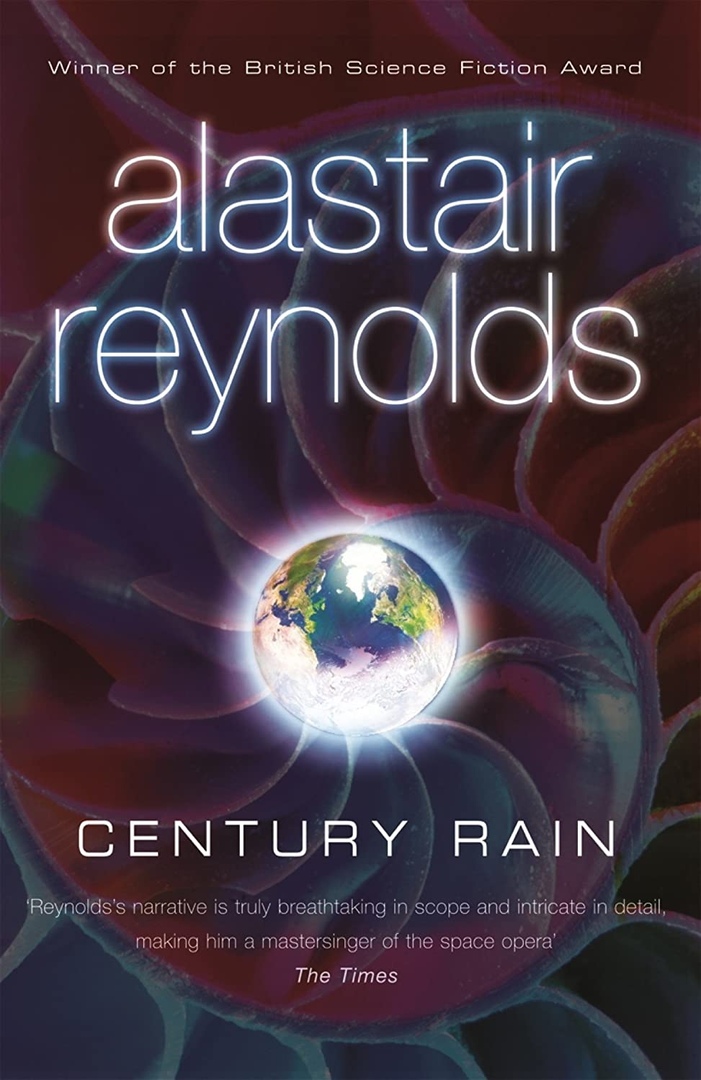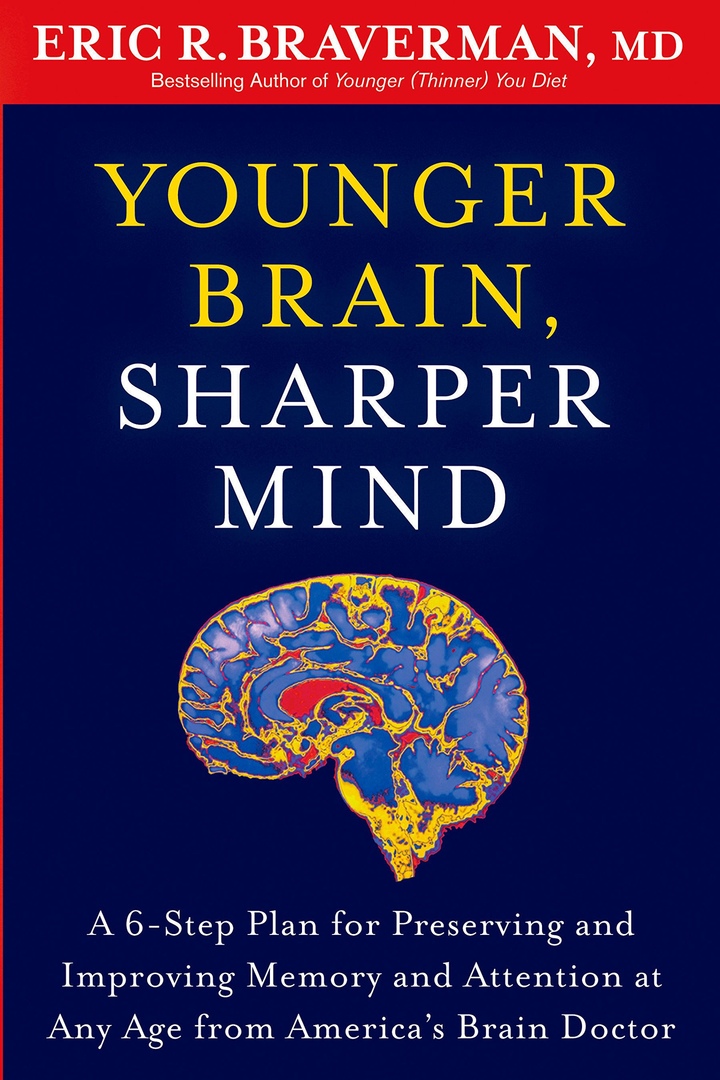CBD: What Does the Science Say?
CBD: What Does the Science Say? (The MIT Press)
A comprehensive review of the scientific literature on the possible benefits of CBD, describing findings from both preclinical and human clinical studies.
CBD (cannabidiol), a nonintoxicating compound derived from the cannabis plant, can be found in products ranging from lotion and smoothies to chewable gummies and pet treats. It’s been promoted—but not always scientifically validated—as a treatment for medical conditions including psychosis, anxiety, pain, and even cancer. This book by three leading cannabis researchers looks at the science of CBD. It offers a comprehensive review of the scientific literature on the possible benefits of CBD, describing findings from both preclinical and human clinical studies.
The authors report that the current CBD fad has some basis in preclinical animal research that indicates potential beneficial effects. Clinical studies, hampered by regulations governing research with cannabis, have lagged behind the basic animal research. The authors examine what research shows about chemical and pharmacological aspects of CBD and CBD’s interaction with THC, the main psychotropic compound found in cannabis. They go on to review current state of knowledge about CBD’s effectiveness in treating epilepsy, cancer, nausea, pain, anxiety, PTSD, depression, sleep disorders, psychosis, and addiction.



